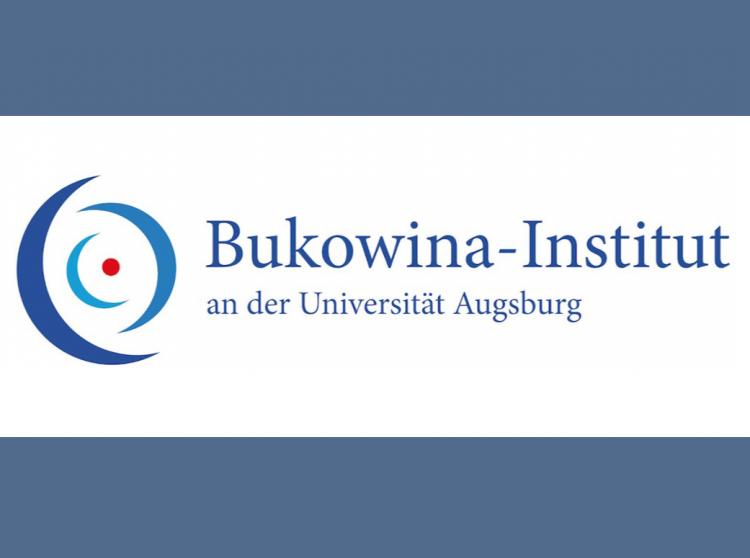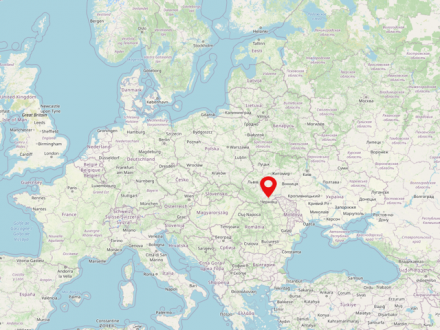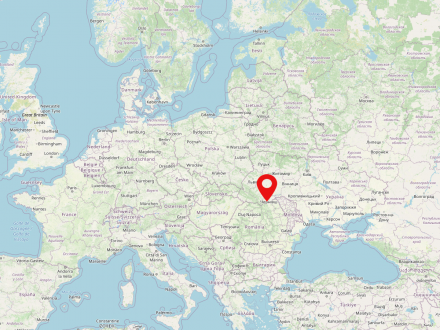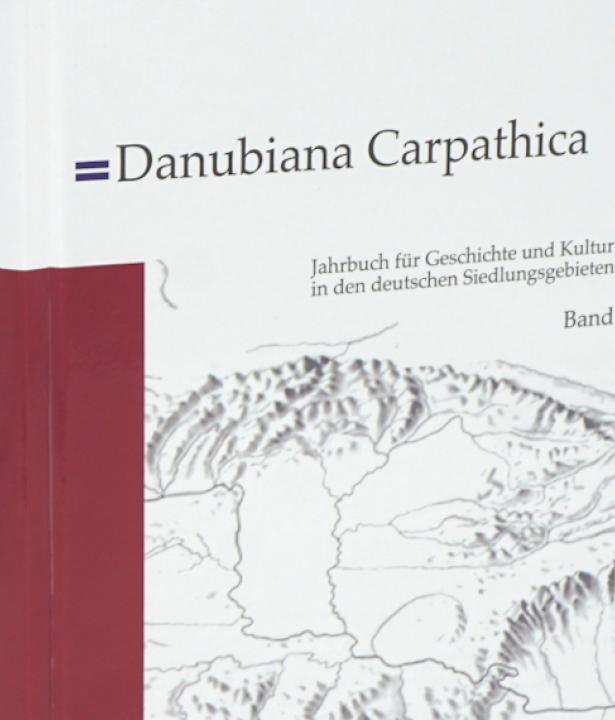The Bukovina Institute at the University of Augsburg is an affiliated institute of the University of Augsburg and is dedicated to researching and communicating knowledge about the culture and history of the historical region of Bukovina as well as about Eastern, East Central and Southeastern Europe.
Text
Even though Augsburg is separated by more than 1,500 kilometers from the two most important Bukovinian cities of and , these cities, as well as the regions of Swabia and , are closely linked by a common history and the regions by a lively partnership. As early as 1955, the district of Swabia took over the sponsorship of the Germans from Bukovina who had come to Germany as part of the resettlements in the course of the Second World War.
Černivci
ron. Cernăuţi, deu. Czernowitz, heb. צֶ׳רנוֹבִיץ, heb. Tschernowitz, yid. טשערנאָװיץ, yid. Tschernowitz, rus. Черновцы, rus. Tschernowzy, ukr. Чернівці, deu. Tschernowitz
Chernivtsi (Ukra. Чернівці) is a large city in southwestern Ukraine. The city is located on the border with Romania and is widely considered to be the capital of the historic Bukovina region. Chernivtsi was an significant place of Jewish culture. In 2017 Chernivtsi had about 62,000 inhabitants.
Due to the war in Ukraine, it is possible that this information is no longer up to date.
Bukovina
deu. Bukowina, ukr. Буковина, ukr. Bukowyna, ron. Bucovina, deu. Buchenland
Bukovina is a historical landscape in modern Romania and Ukraine. The northern part is situated in the Ukrainian Chernivtsi Oblast, while the southern part is part of the Romanian Suceava County. The region once formed a part of the Principality of Moldavia and the Habsburg Monarchy.
In 1988, on the initiative of Dr. Georg Simnacher, then President of the District Council, the Bukovina Institute was founded to research, document and preserve the culture and history of Bukovina - which was characterized by a special ethnic and cultural diversity. Since 2003, the Bukovina Institute has been an affiliated institute of the University of Augsburg. It is maintained by a sponsoring organization and supported financially by the Bavarian State Ministry of Labor and Social Affairs, Family and Integration and by the District of Swabia. Led by a board of directors, which is always chaired by a professor of the University of Augsburg (since 2012 Prof. Dr. Marita Krauss, Professorship for European Regional History as well as Bavarian and Swabian Regional History), the aim of the institute is to conduct research and to teach on the subject of Bukovina, specifically around its regional and transnational relations. Since 2015, a professorship with a focus on the history of Eastern (Central) Europe and its interconnections with the German-speaking world has been essential for the academic model of the Institute (2015-2021 as Junior Professorship "Transnational Interrelations. Germany and Eastern Europe", and since 2021 it has been known as "Intertwining History of Germany with Eastern Europe"). From April 2017 to September 2021, Prof. Dr Maren Röger was responsible as the academic coordinator and managing director of the Bukovina Institute. Prof. Luminita Gatejel represented the professorship until 2022. Since April 2023, Prof. Dr. Jana Osterkamp has been the Managing Director of the Bukovina Institute and Professor of the History of Germany's Intertwining with Eastern Europe.
From the very beginning, another mission of the Bukovina Institute has been to promote the knowledge of multi-ethnic coexistence in Bukovina among the local population in a way that is engaging and fruitful. Immigration of evacuees and refugees from Eastern, East-Central and Southeastern Europe and continuing migration resulting from the EU's policy of freedom of movement has seen the Bukovina Institute develop into an important institution in this urban and regional multi-ethnic society. Since its foundation, it has aimed to impart knowledge about the countries of Eastern Europe, much of which had been suppressed or lost during the Cold War, and thus contribute to a sense of pan-European togetherness. Along with the European Office of the District of Swabia and the Swabia-Bukovina Aid Organization, the Bukovina Institute is one of the three pillars supporting the partnership work of the District of Swabia with the Romanian and Ukrainian Bukovina.
Since the "Landsmannschaft der Buchenlanddeutschen" dissolved at the federal level at the end of 2019, the preservation of cultural heritage is another central aspect of the Institute's work.
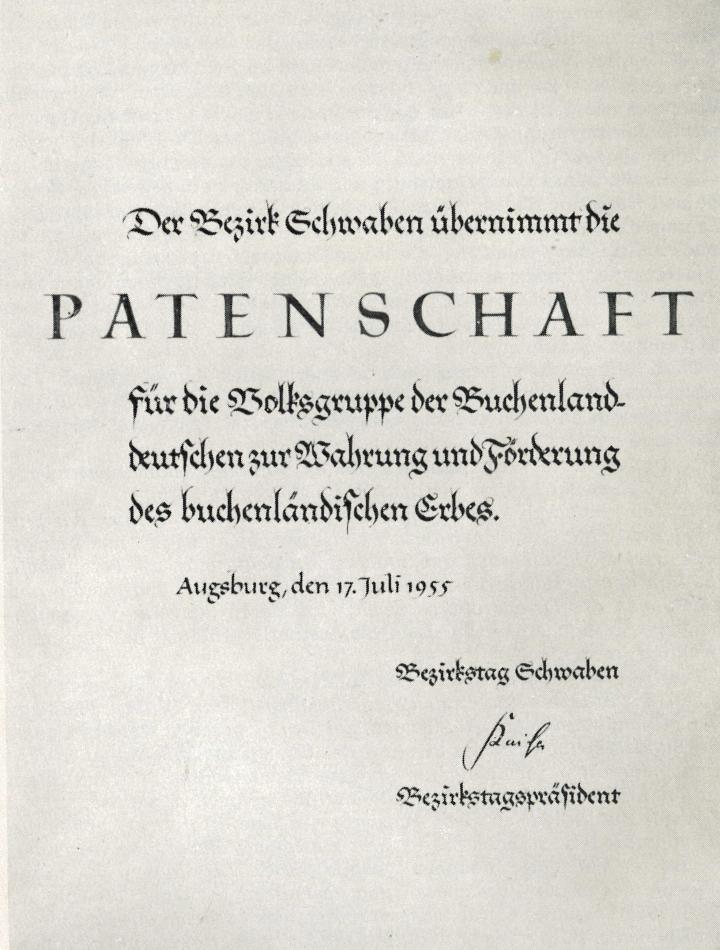
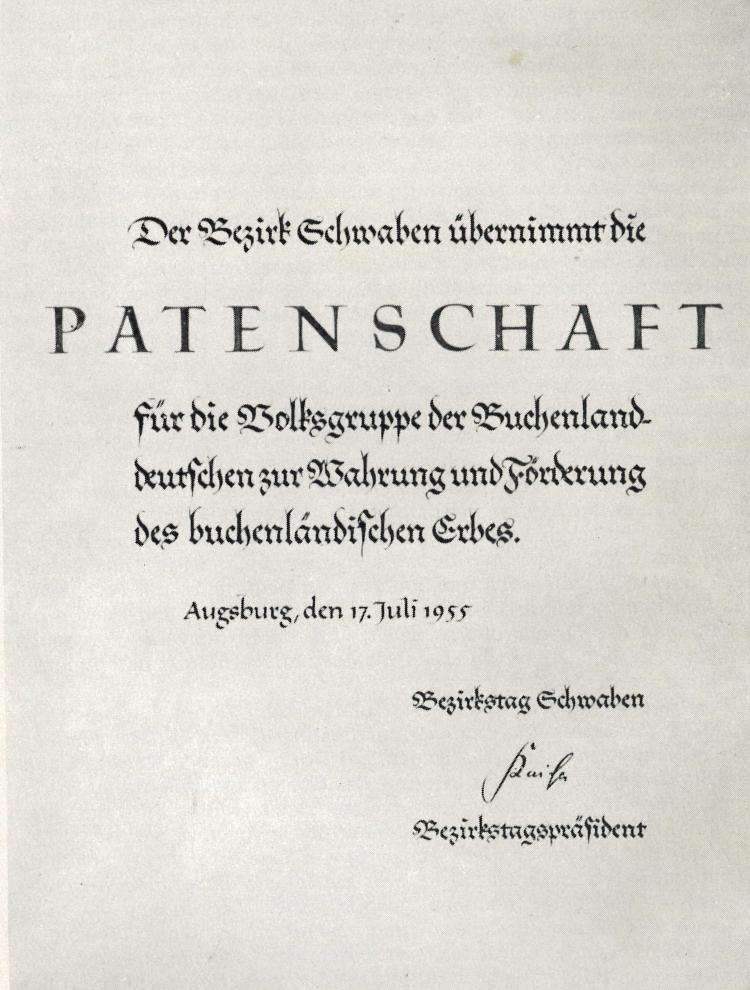
xxx. Archiv für Schriftgut und Medien des Bukowina-Instituts an der Universität Augsburg, Free access - no reuse
xxx. Archiv für Schriftgut und Medien des Bukowina-Instituts an der Universität Augsburg, Free access - no reuse

